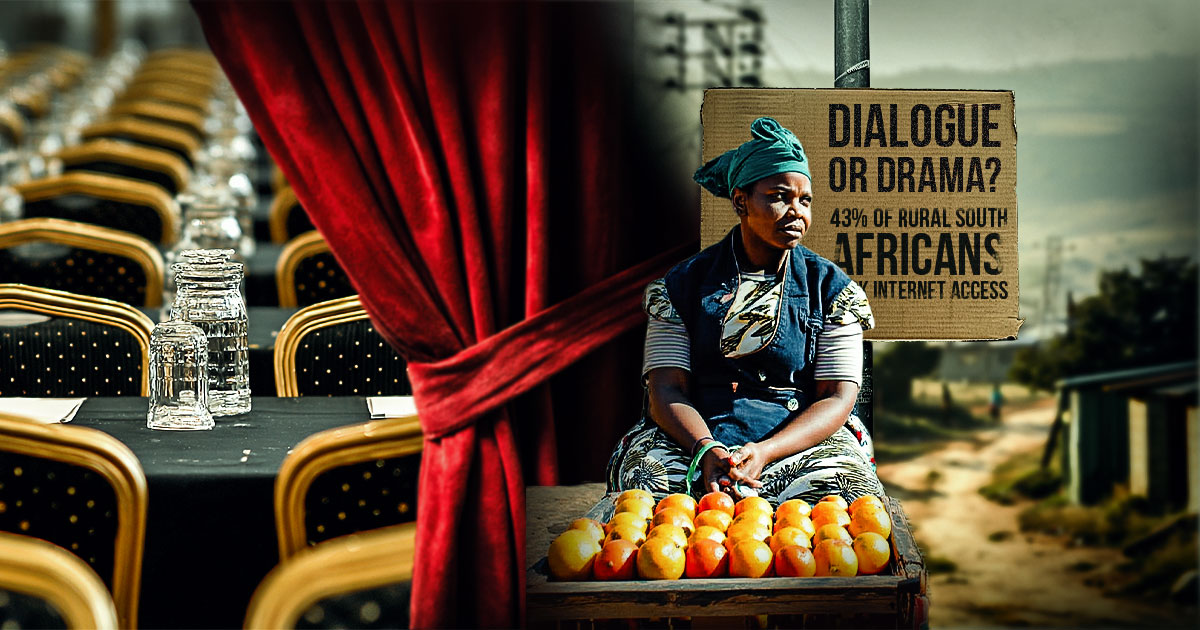Will the National Dialogue in South Africa be inclusive enough?
The Stakes: Whose Dialogue Is It?
The Dialogue’s success hinges on one question: Will the woman in Qunu, the miner in Rustenburg, or the unemployed youth in Alexandra shape its outcomes? Top-down appointments of "experts" cannot replace lived experience. As Shadrack Shuping warned:
"If the Dialogue doesn’t hurt the comfortable, it won’t comfort the hurting."
V20MM’s Five Non-Negotiables for Inclusion:
1. Inclusive Participation: No Voice Left Behind
• Beyond Urban Elites: Reserve 50% of seats for rural communities, informal settlement dwellers, and marginalized groups (LGBTQ+, persons with disabilities).
• Infrastructure Matters: Use trusted local structures, imbizos, kgotlas, and community radio, not just Johannesburg conference halls.
• Youth Mandate: Allocate 30% of delegation spots to under-35s. Tokenism is exclusion.
2. Communication That Reaches the Margins
• Language Justice: Provide real-time translation in all 11 official languages + South African Sign Language.
• Analog + Digital: Partner with Izwi LoMzansi community radio and Stokvel networks for offline reach. 43% of rural South Africans lack internet access (Stats SA, 2024).
• Clarity Over Jargon: Replace policy-speak with visual storytelling (e.g., comics, audio dramas).
3. Ground-Up Engagement, Not Top-Down Consultation
• Citizen-Led Agendas: Let communities set local dialogue themes via petitions and town halls before national talks.
• Digital Bridge-Building: Use zero-rated platforms like Moya Messenger for feedback, but pair with physical "dialogue buses" visiting townships.
• Trusted Facilitators: Train community leaders (not politicians) to mediate sessions.
4. Capacity Building: Power to the People
• Civic Education Now: Roll out “Dialogue Toolkits" in schools and churches, simplifying constitutional rights, policy processes, and advocacy tactics.
• Skill, Don’t Lecture: Workshops on making submissions, understanding budgets, and holding leaders accountable.
• Resource Local Heroes: Fund grassroots organizers to host local pre-dialogues.
5. Transparent Feedback: From Talk to Action
• Public Tracker: Launch a live online dashboard showing how citizen input shapes outcomes, updated weekly.
• Binding Commitments: Require government to respond to top 10 community demands within 90 days.
• Independent Oversight: Appoint civil society coalitions to audit implementation.
The Cost of Exclusion
History repeats itself. The 2012–2017 National Dialogue on Mining collapsed when communities rejected elite compromises. Outcomes? More protests, deeper distrust. We cannot afford another false start.
Conclusion: The Litmus Test of Our Democracy
President Ramaphosa, the "eminent persons" coordinating this Dialogue face a choice: Will they be facilitators or gatekeepers? South Africa’s crises, from unemployment to inequality, demand solutions forged by those most affected.
As V20MM’s Grootkoppe declare: "If the Dialogue doesn’t include the woman selling oranges on the N1 highway, it’s theatre. We’ve had enough theatre."
Nothing About Us Without Us. Period.

